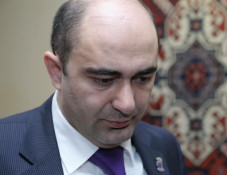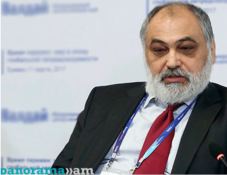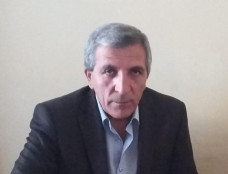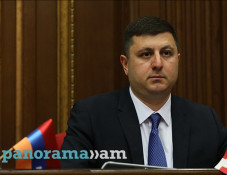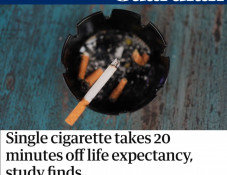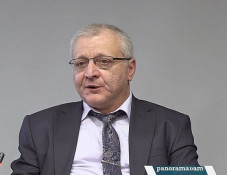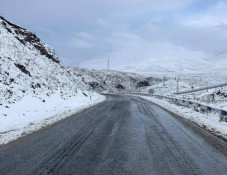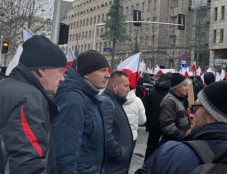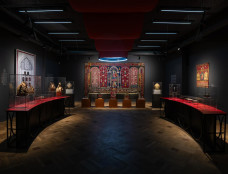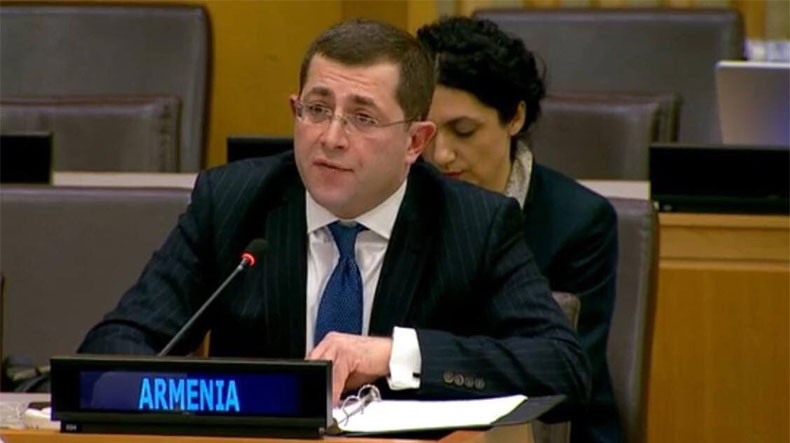
Armenian diplomat at UN: Educational curricula in Azerbaijan's kindergartens, schools aimed at indoctrinating children with Armenophobia
Mher Margaryan, Permanent Representative of Armenia to the UN, delivered remarks at the UN Security Council open debate on Children and Armed Conflict. The full text of his statement is provided below.
"Mr. President,
I would like to thank the Estonian Presidency for convening the Security Council open debate on the theme of children and armed conflict. The presence of the President of the Republic of Estonia Ms. Kersti Kaljulaid at the meeting attests the importance, which Estonia attaches to the topic of protection of children in the situation of armed conflicts. We thank Secretary-General António Guterres, the Executive Director of UNICEF Ms. Henrietta Fore and other speakers for their comprehensive presentations highlighting the challenges related to the protection of children in armed conflict.
The 25th anniversary of the creation of the children and armed conflict agenda, including the mandate of the Special Representative of the Secretary-General on Children and Armed Conflict creates a momentum to take stock of the progress made in the protection of children and identify gaps and challenges in this regard.
The crisis caused by the COVID-19 pandemic has exacerbated the suffering of children affected by conflicts and humanitarian emergencies, multiplying the protection risks and life-saving needs. We are strongly concerned by the high number of grave violations, as reflected in the recent report of the Secretary-General on “Children and armed conflict”, including recruitment and use, killing and maiming and denial of humanitarian access. It underscores the imperative of amplifying the efforts of the international community to identify and respond to the violations of the international humanitarian law and international human rights law.
Despite the wide endorsement of the Secretary-General’s appeal for an immediate global ceasefire, the last year was marked by escalation of violence and hostilities in number of regions, accompanied with attacks on schools and hospitals, which aggravated existing vulnerabilities of children, trapped in conflict, hampered their access to education, health and social services.
The war unleashed by Azerbaijan against Nagorno-Karabakh in September 2020, amidst the global pandemic caused immense suffering, destruction, displacement of thousands of people and inflicted a major humanitarian crisis. Among the 90,000 displaced people from Nagorno-Karabakh, 88 per cent were women and children. Deliberate air bombardments, artillery and missile strikes heavily damaged a number of medical facilities, including the maternity ward of Stepanakert’s Maternal and Child Health Center. Targeted attacks on educational institutions led to the destruction of 18 schools and 6 kindergartens in Artsakh, depriving 28 thousand children of their right to education. The violations of humanitarian law by Azerbaijan have been widely documented by various international humanitarian and human rights organizations.
In the aftermath of the aggression, hundreds of cluster bomblets and sub-munitions and other explosive remnants of war spread across civilian settlements and agricultural lands continue to cause serious security risk to the lives of civilians, in particular children with a long-lasting adverse effect on the humanitarian and socio-economic situation in Nagorno-Karabakh.
Denial of safe and unhindered humanitarian access of the UN agencies to the conflict zone by Azerbaijan undermines comprehensive assessment of the humanitarian, protection and early recovery needs and human rights situation of the population of Nagorno-Karabakh and ensuring of protection of child’s rights and enabling access to inclusive and quality education, healthcare and social services.
A source of particular concern is involving of children in state-sponsored propaganda of hatred on ethnic and religious grounds. Educational curricula in kindergartens and schools and school textbooks in Azerbaijan are aimed at indoctrinating of children with Armenophobia and inciting violence and intolerance. Opening of the “military trophy park”, propagating vilifying images of ethnic Armenians and exposing it to children is yet another manifestation of systemic policy aimed at dehumanizing Armenians.
Armenia reiterates its commitment to the goals, objectives and principles enshrined in the Safe School declaration, the Paris Principles and the Vancouver Principles, which are crucial instruments to promote and protect the rights and the dignity of all children, in particular those residing in conflict areas and prevent grave violations. We fully support the mandate of the Special Representative Ms. Virginia Gamba in streamlining the agenda of Children and Armed Conflicts in activities of the UN agencies and promoting cooperation with regional organizations, civil society and other stakeholders aimed at ensuring effective protection on the ground."
Newsfeed
Videos








